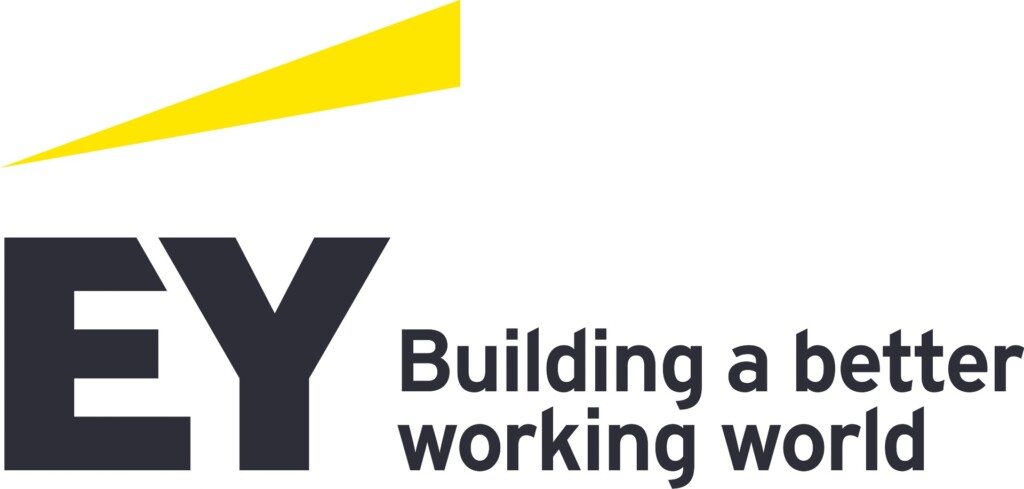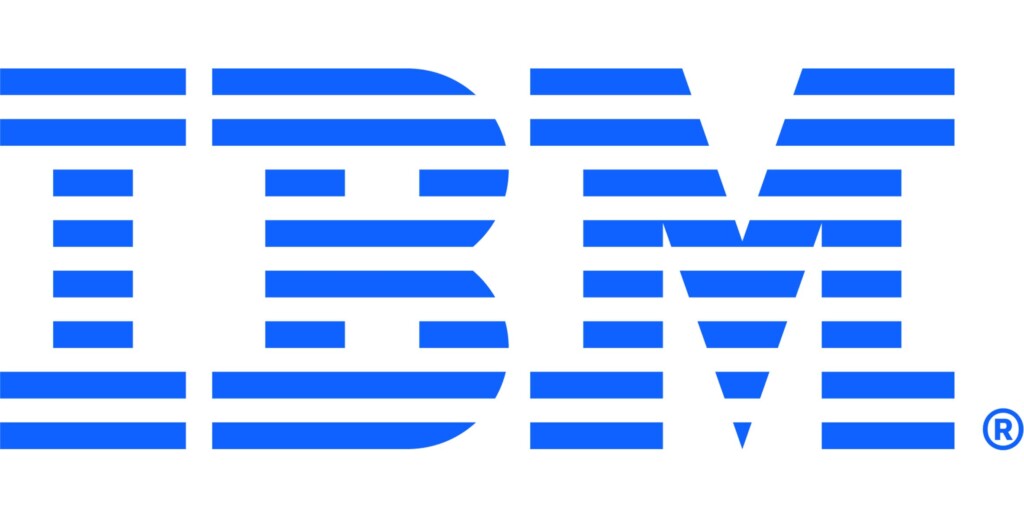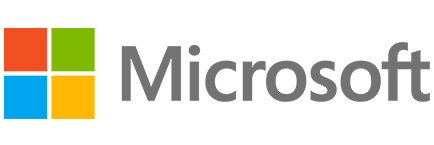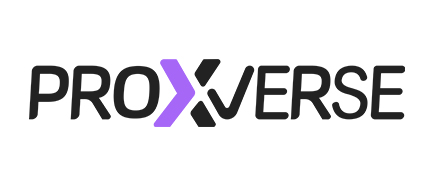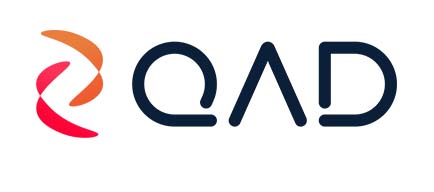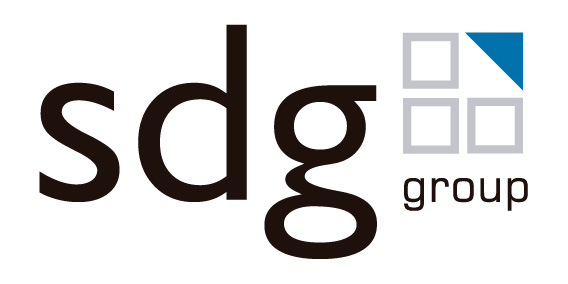Walking the Way from Process Mining to AI-Driven Process Optimization
Marlon Dumas
While generative AI grabs headlines, most organizations are yet to achieve continuous process improvement from predictive and prescriptive analytics.
Why? It’s largely about data, people, and a methodical approach to deploy AI to connect data and people. The good news is that if your organization has built a process mining capability, you are well placed to climb the ladder to achieve AI-driven process optimization. But to get there, you need a disciplined step-by-step approach along two tracks: a tactical management track and an operational management track.
First, it’s about predicting what will happen if you leave your process as-is, and what will happen if you implement a change in your process. At a tactical level, a predictive capability allows you to prioritize improvement opportunities. At an operational level, it allows you to predict issues, such as deadline violations. The challenges here are how to manage the inherent uncertainty of data-driven AI systems, and how to change your people and culture to manage processes proactively, rather than reactively. One thing is to deploy predictive dashboards, another entirely different thing is to get people to use them effectively to improve the processes.
Next, it’s about becoming preemptive: continuously optimizing your processes by leveraging streams of data-driven recommendations to trigger changes and actions. At the tactical level, this prescriptive capability allows you to implement the right changes to maximize competing KPIs. At the operational level, it means triggering interventions in your processes to “wow” customers and to meet SLAs in a cost-effective manner. The challenge here is how to help process owners, workers, and other stakeholders to understand the causes of performance issues and how the recommendations generated by the AI-driven optimization system will tackle those causes?
And finally, as an icing on the cake, generative AI allows you to produce improvement scenarios to adapt to external changes. Importantly, the transformative potential of generative AI in the context of process improvement does not come from its ability to provide question-and-answer interfaces to query data. It comes from its ability to support continuous process adaptation by generating and validating hypotheses based on a holistic view of your organization.
In this talk, we will discuss how organizations are driving sustainable business value by strategically layering predictive, prescriptive, and generative AI onto a process mining foundation, one brick at a time.
Marlon Dumas
University of Tartu (Estonia), CPO Apromore

Marlon Dumas is Professor of Information Systems at University of Tartu and Chief Product Officer at Apromore, a company dedicated to developing solutions for process mining and AI-driven process optimization. In the past 25 years, he has conducted R&D and delivered training and consultancy on process modeling and automation, process mining, predictive and prescriptive process monitoring, simulation, and optimization of business processes. He is currently recipient of an Advanced Grant from the European Research Council (ERC), with the mission of developing algorithms for automated identification and assessment of business process improvement opportunities. He is co-author of over 250 research publications, 10 patents, and the textbook “Fundamentals of Business Process Management”, used in over 300 universities worldwide.


